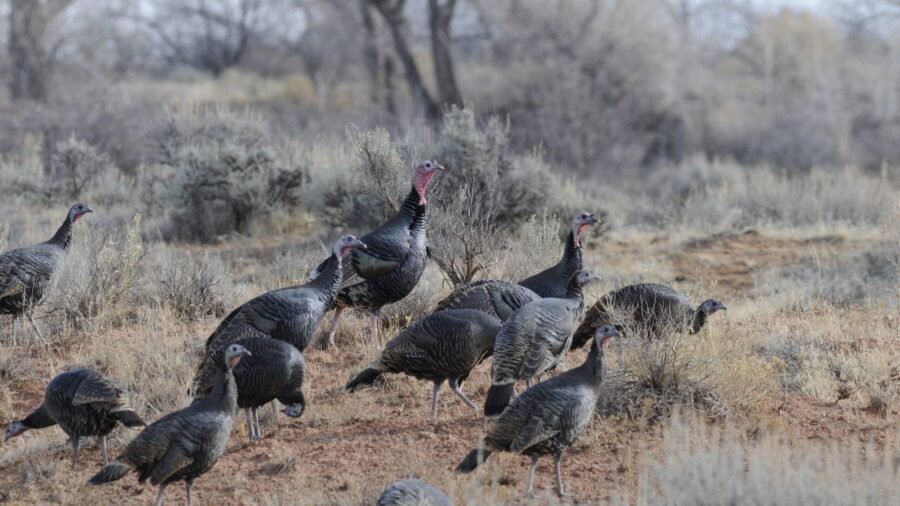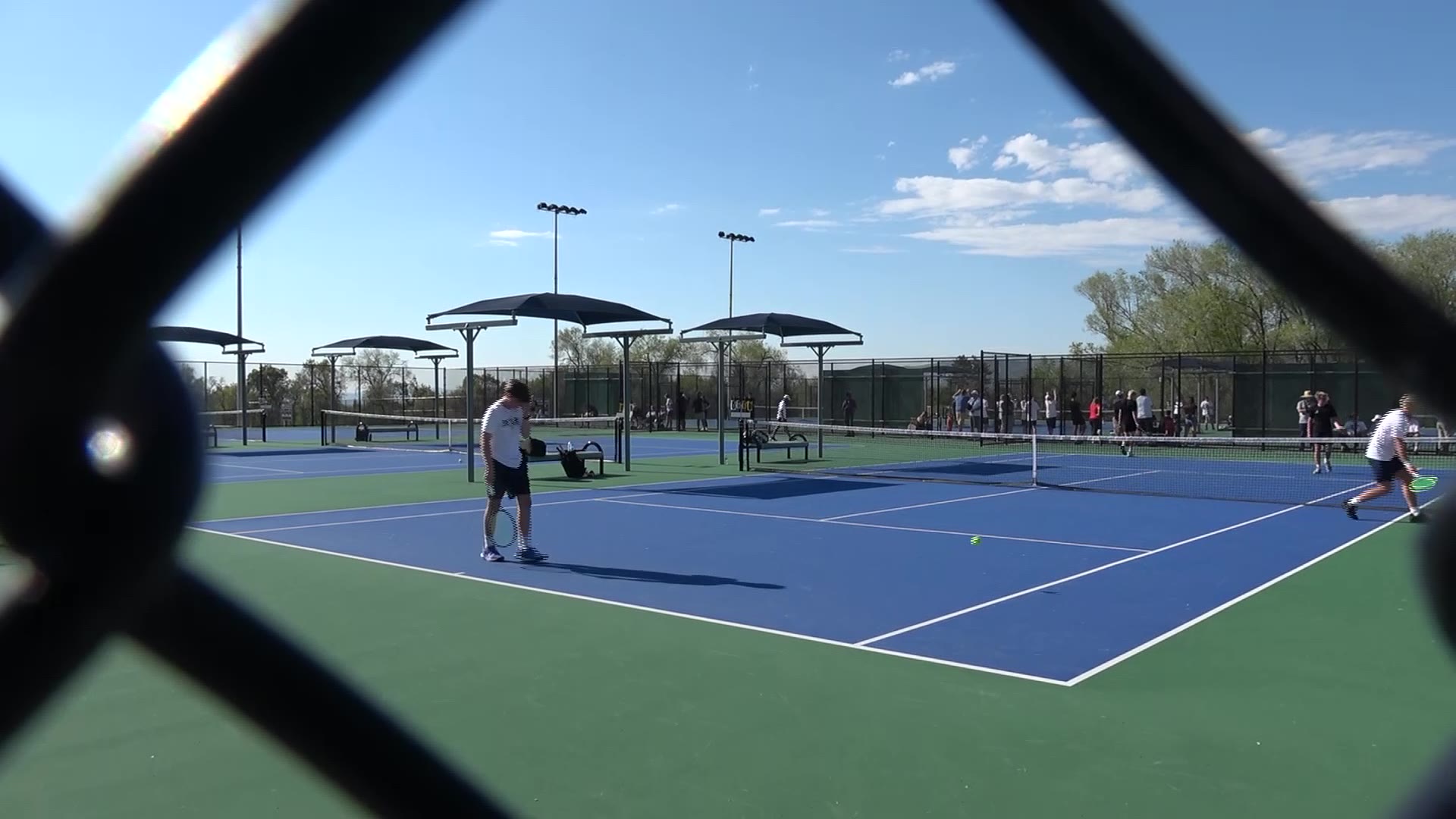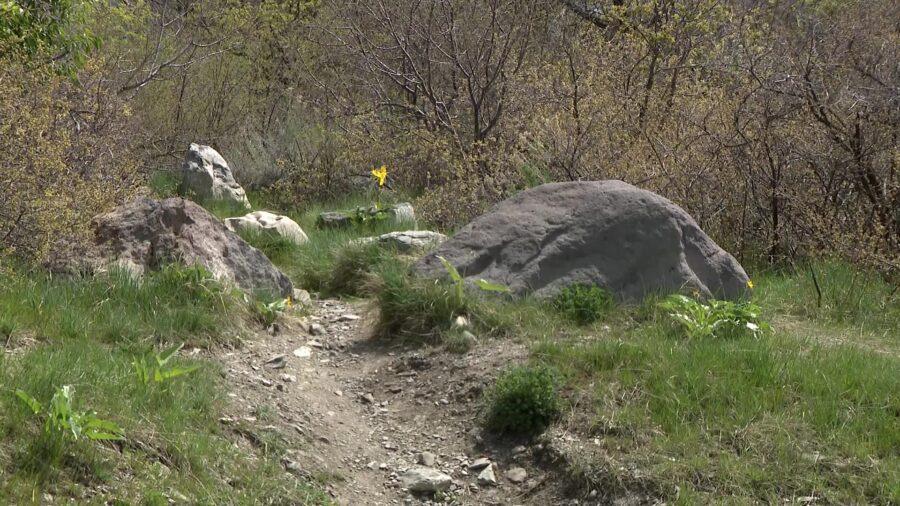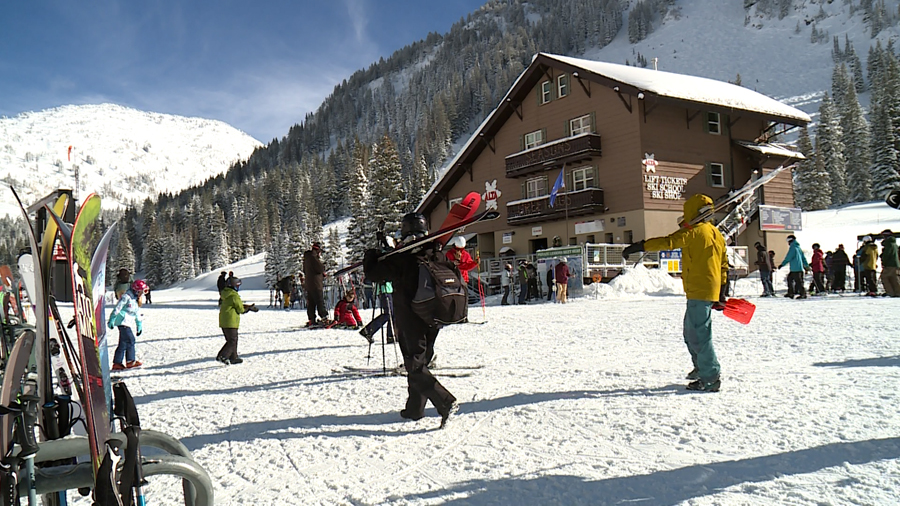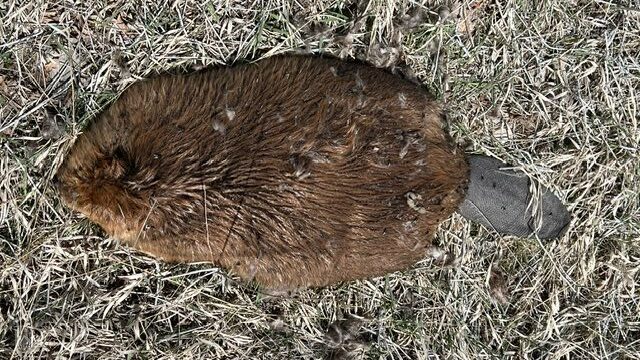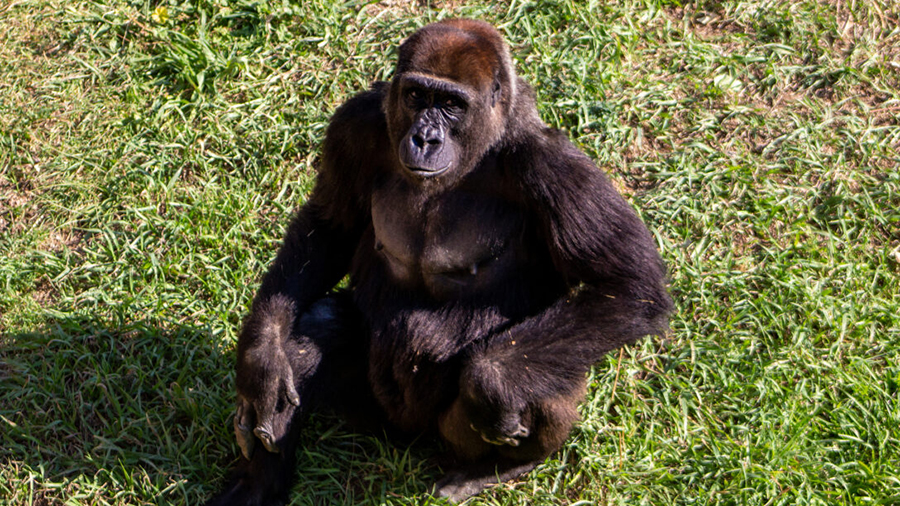How to avoid bear conflicts and what to do if you encounter one
May 16, 2023, 11:16 AM | Updated: 2:16 pm
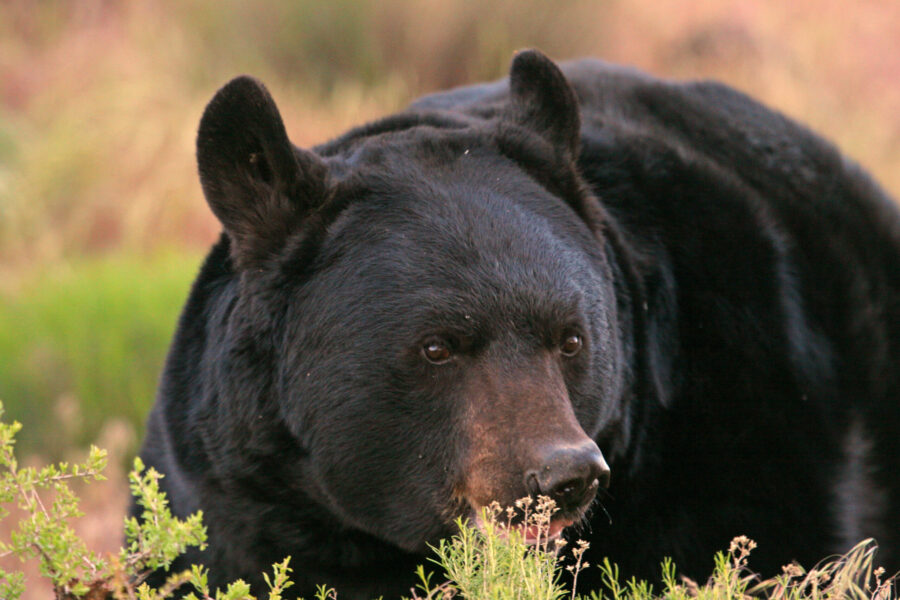
FILE: Keeping your campsite clean and not leaving food out are two keys to staying safe in black bear country. (Utah DWR)
(Utah DWR)
SALT LAKE CITY — Much of Utah is considered bear country: it includes all of Utah except for the West Desert. The Utah Division of Wildlife Resources reminds Utahns of how to avoid conflicts with bears this summer and what to do in a bear encounter.
Black bears are the only bear species in Utah. Grizzly bears are found further north in places like Alaska, Wyoming, Montana, Idaho, and Washington.
Since black bears roam most of the state, it’s important to know what to do to prevent any issues from arising, especially during the summer season when people often go camping in the bear’s natural habitat.
In particular, bears seek out food. Although they typically eat plants and insects this time of year, bears have an amazing sense of smell and will scavenge for the food humans cook and eat while camping.
“Even though they’re incredibly strong and surprisingly fast, black bears will typically do everything they can to avoid people,” DWR Game Mammals Coordinator Darren DeBloois said. “When a bear finds food, though, that all changes. A bear will often become aggressive toward anything it perceives as threatening the area where it found the food — that includes people.”
Here are ways to avoid problems with bears:
Bear-proof your food and supplies
Keep your cooking area clean
Keep your campsite clean
“If a bear visits the area after you leave and then someone comes into that area to camp, you’ve created a potentially dangerous situation,” DeBloois said.
Never feed a bear
“We got into the wildlife profession because we love wildlife,” DeBloois said. “We enjoy managing and protecting animals so Utahns can get outdoors and enjoy them. Having to euthanize an animal — because someone didn’t do something as simple as keeping their campsite clean and storing food in a secure area — is tough. Please don’t put us in that situation.”
Bear-proof your outdoor garbage cans
Remove items that will attract a bear to your house
Utah is bear country, and especially so if you live in the foothills or other mountainous parts of the state. It is important to properly secure or clean anything in your yard that may attract a bear. Some of these include:
- Birdfeeders (both seed and hummingbird)
- Fruit trees
- Compost piles
- Beehives
- Pet food and water bowls
- Unsupervised outdoor pets (especially at night)
- Barbecue grills
Know what to do if you encounter a bear
- Stand your ground: Never back up, lie down or play dead. Stay calm and give the bear a chance to leave. Prepare to use your bear spray or another deterrent.
- Don’t run away or climb a tree. Black bears are excellent climbers and can run up to 35 mph — you cannot outclimb or outrun them.
- Know bear behavior. If a bear stands up, grunts, moans or makes other sounds, it’s not being aggressive. These are the ways a bear gets a better look or smell and expresses its interest.
- If a black bear attacks, always fight back. And never give up! People have successfully defended themselves with almost anything: rocks, sticks, backpacks, water bottles and even their hands and feet.
When to report a bear sighting
Here is when you need to report a bear sighting to the DWR:
- If you see a bear in the foothills or canyon areas, it should only be reported if it’s being aggressive or if it’s getting into trash or fruit trees or causing damage.
- Report any bear that has wandered into lower-elevation areas and is within city limits or in heavily-populated areas, so the DWR can relocate it.
For more tips on staying safe around black bears, visit the Wild Aware Utah website. A video about bear safety is also available on the DWR YouTube channel.



